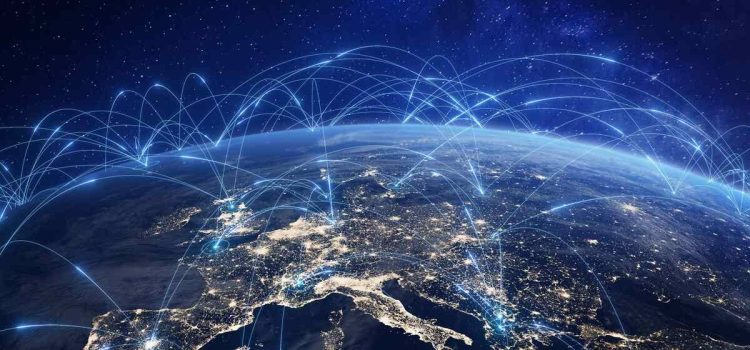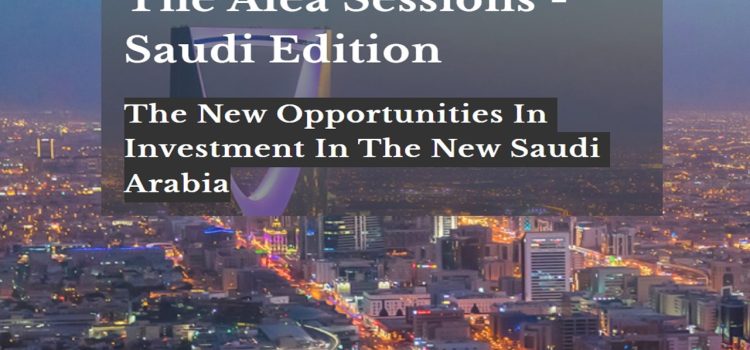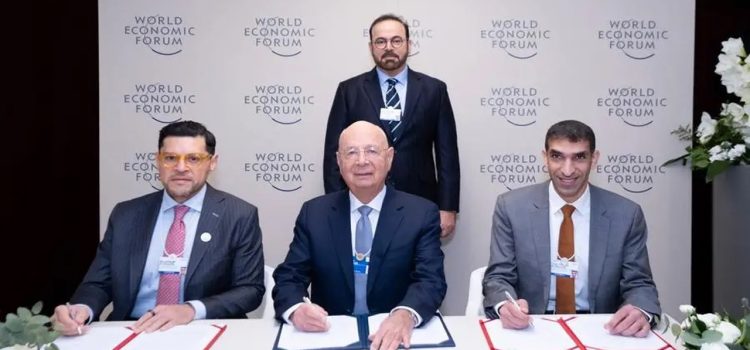
UAE based IOTA ecosystem, DLT Foundation, has committed $10 million investment fund to support early-stage startups and ventures in the UAE and Africa. The funding will focus on TradeTech, TradeFinance, and tokenization solutions.
It aims to bolster a digital tradetech ecosystem in the UAE, Africa, and around the globe by advancing the roll-out of digital trade and finance solutions. The initiative builds on a recent collaboration agreement for the establishment of the TLIP organization, announced at WTO MC13.
The first investments will be shared publicly over the coming weeks and will include newly founded tradetech ventures and dedicated startup accelerator programs for startups building on IOTA.
This announcement follows the official signing of the collaboration agreement for the Trade Logistics Information Pipeline (TLIP) at the WTO MC13 event. TLIP is a public global trade infrastructure initially developed by the IOTA Foundation and TradeMark Africa. The TLIP Consortium will be founded jointly by the World Economic Forum, the Tony Blair Institute for Global Change, Trademark Africa, the Institute of Export and International Trade, and the Global Alliance for Trade Facilitation. Together they will advance TLIP by developing a neutral governance framework and establishing TLIP as a global, public goods infrastructure for trade.
With its investment of $10 million, IOTA supports a flourishing tradetech ecosystem that advances trade digitization, and, in doing so, makes trade finance more accessible for all. The funds are earmarked for early-stage startups, accelerator programs, and pilot programs that will drive the development of digital trade infrastructure.
Dominik Schiener, Co-Founder of IOTA and Chairman of the IOTA Foundation, emphasized the strategic importance of this initiative: “By investing in the future of TradeTech, we are not just facilitating smoother trade transactions; we are laying the groundwork for a more interconnected and efficient global trade ecosystem. Our collaboration with leading organizations through the TLIP is a testament to our commitment to innovation and excellence in this field.”
This initiative will be kickstarted with the launch of a public grants program over the coming weeks, followed by an accelerator program for startups in the UAE before summer and in Africa before the end of the year. These programs are designed to empower entrepreneurs and innovators who are building new trade solutions on the IOTA and TLIP infrastructure, offering them the resources and support needed to bring their visions to life.










